
2021 Speed Session Bundle: Management and Maintenance
-
You must log in to register
- Non-Members - $50
- Members - $35
- Premier Members - $35
This bundle is worth 0.1 CEU and contains the following three speed sessions from NRPA's 2021 annual conference:
The Future of Aquatic Facilities and the Dangers They Face With the Rising Minimum Wage and Increased Staffing Regulations (Session 028)
The geriatric and disabled populations are the two most poverty-stricken populations in the country. With the minimum wage rising and more staffing requirements needed by ARC, Starguard and Ellis, the cost of labor in increasing dramatically. Can these populations keep up with this cost? How will swim lessons cope with this rising cost as well? The presenter will go over LG requirements, the drowning statistics in aquatic centers to show how safe they already are and the increased drownings this summer based on no swim lessons or places to swim. Also, attendees will learn why aquatic therapy and exercise are important to the geriatric and special needs communities. I will go over LG requirents, the drowning statistics in aquatic centers to show how safe they already are, the increased drownings this summer based on no swim lessons or places to swim. Also the geriatric and special needs community's needs for aquatic therapy and exercise.
Learning Objectives:
- Discuss the rising cost of already burdened aquatic centers.
- Understand how important tax-subsidized aquatic centers are to the lower income populations.
- Learn about the dangers of trying to be 'too safe.'
Conservation for the Future: Land Management Issues on the PCT (Session 008)
From Canada to Mexico, the Pacific Crest Trail (PCT) passes through three states. Day hikers access the trail regularly and over 7,000 thru-hike permits are issued per year (PTCA, 2019). Popularity of the trail increased after the 2014 movie Wild (Williams, 2015), and this impacted land managers' ability to conserve and protect the land. If future generations want to enjoy the trail, the agencies in charge must carefully manage and conserve the land. As the trail crosses multiple jurisdictions, the best practices for conservation and management are complicated. Each agency has its own approach to manage access, trail behavior, education, and conservation. The purpose of this study was to examine conservation themes of land managers and thru-hikers on the Pacific Crest Trail. A total of 40 interviews were conducted in 2019. Findings focused on conservation and included management implications related to trash, rule enforcement, permitting and education.
Learning Objectives:
- At the end of this session, attendees should be able to list 3 conservation issues facing land managers of the PCT.
- At the end of this session, attendees should be able to apply qualitative findings to address land management issues in their geographic area.
- At the end of this session, attendees will apply education techniques to address land management issues in their geographic area.
NRPA Parks Build Evaluation Toolkit (Session 021)
NRPA is in the midst of a five-year evaluation of the annual Parks Build project. The 2019 Parks Build renovation in Baltimore, MD, improved playground features, fitness equipment, splash pad, basketball court, fencing, and signage. A multi-year evaluation is on-going to better understand how 'Parks Build' community through inclusion, health, economic, safety, and social impacts. In this 20 minute session, the Parks Build evaluation team presents their in-progress evaluation tools and early results. The objective of the speed session is sharing of tools and evidence they are providing. A link to the tools will be provided for feedback. The toolkit features systematic observations of park use, park and neighborhood surveys, focus group discussions, use of municipal data on park neighborhood reported crimes, property value, and tax assessments, and emerging availability of smartphone location data. A focus will be on how specific evaluation tools can support evidence-informed decisions.
Learning Objectives:
- Describe current methods to build evidence around parks building health, economic, safety and social impacts.
- Communicate with local institutes of higher education to collaborate on evaluation.

Patrick Nalley (he/him)
Amherst County
Certifications include CPRP, AFO, CFO, LG, LGI, Diversity and Inclusion Professional Certificate from Cornell University, Certified Adaptive Recreation and Sport Specialist (CARSS) from the Blaze Institute, 20+ years in the aquatic industry. I have a Masters in Sports Administration from Arkansas State University and a Doctorate in Public Administration from West Chester University. My dissertation topic is The Need for Government Subsidized Aquatic Centers for the Geriatric Population. My previous experience includes four years as the Aquatic Manager for Mt Hood Community College, three years as a Parks and Recreation Director for Peyton, Colorado, and twelve years as a swimming coach and aquatics facilities manager for multiple organizations.
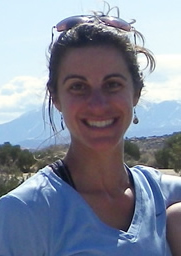
Keri Schwab, PhD (she/her)
Assistant Professor
California Polytechnic State University, San Luis Obispo
Keri Schwab is an Associate Professor at California Polytechnic State University, San Luis Obispo. Her research interests focus on youth development, recreation motivation and retention, and outdoor recreation. She has been a speaker for more than 10 years.
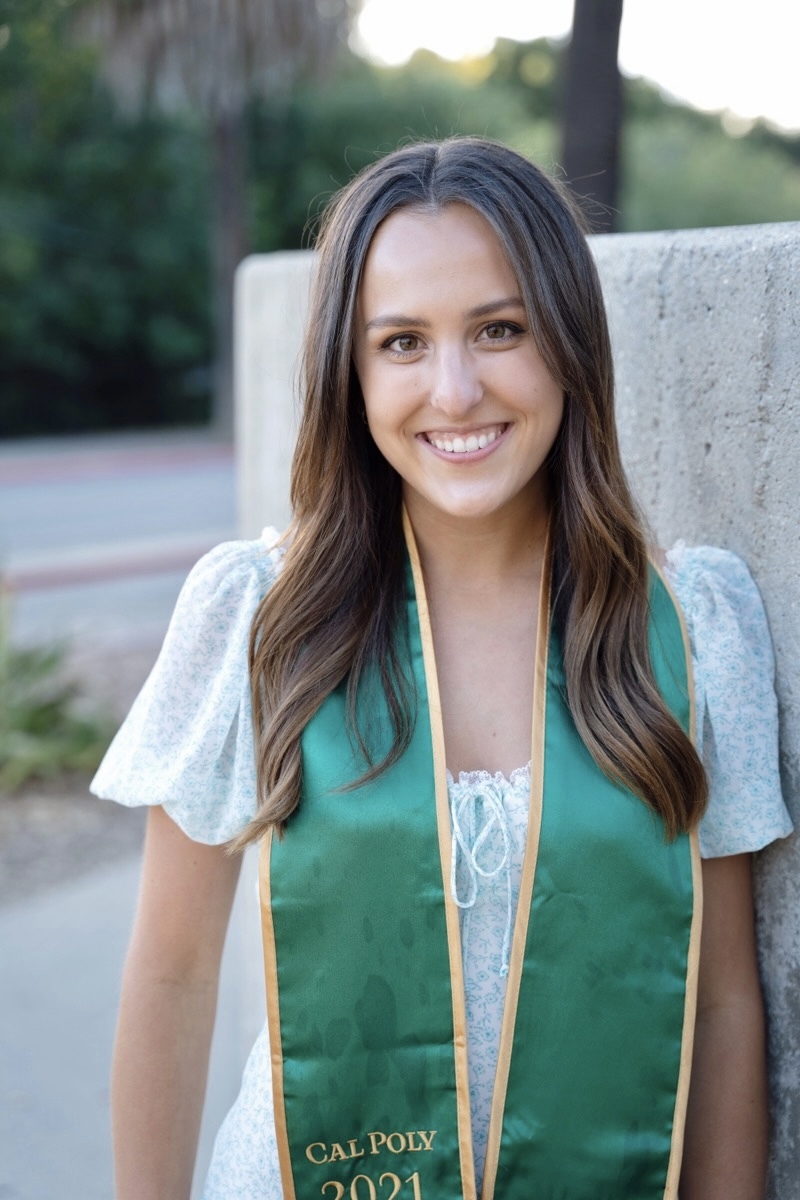
Terra Bilhorn (she/her)
Research Assistant
California Polytechnic State University, San Luis Obispo
Terra Bilhorn is a recent graduate of California Polytechnic State University, San Luis Obispo. She graduated with a Bachelor of Science in Environmental Management and Protection and minors in Economics and Political Science. She has been working as a research assistant for the past few years, researching how increased use of the Pacific Crest Trail has impacted the environment and hiker experience. She is pursuing a career in environmental law and land use planning.
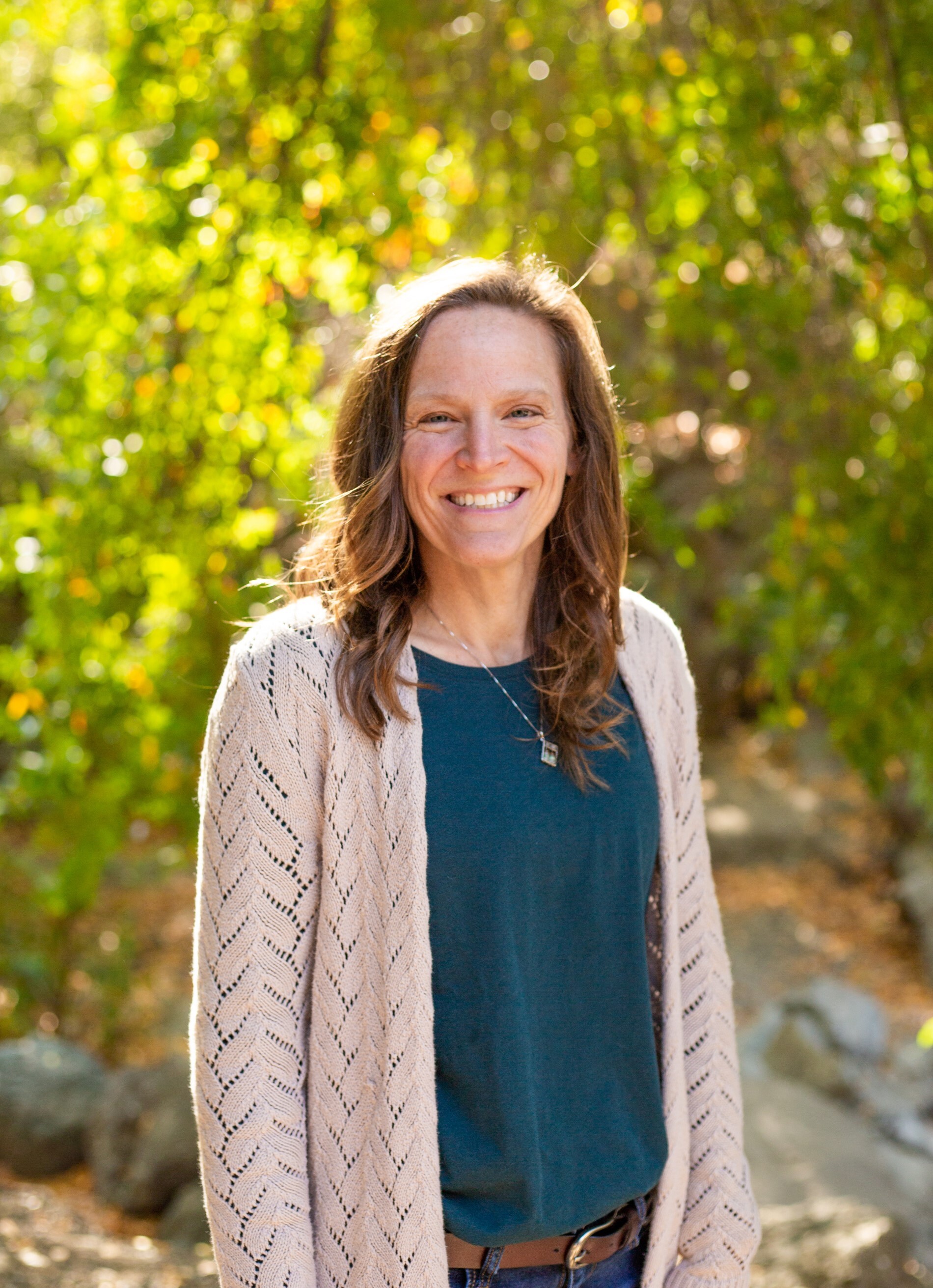
Marni Goldenberg (she/her)
Professor
California Polytechnic State University, San Luis Obispo
Dr. Marni Goldenberg joined Cal Poly in 2003. She previous worked at Green Mountain College in Vermont for a year after she completed her Ph.D. from the University of Minnesota. Prior to working on her Ph.D. she worked in campus recreation. She teaches in the Recreation, Parks, and Tourism core, as well as classes focused on outdoor and adventure leadership. Her classes involve community partnerships and many of them require students working with the community to volunteer or create programs. All of her classes have a focus on leadership, personal development, community involvement, and learn by doing. She truly believes in student development and leadership. Her research has focused on outcomes and benefits associated with participating in outdoor experiences. She has several publications, presentations, and books on various topics including Outward Bound outcomes, skatepark participation, NOLS participation, Pacific Crest Trail, and outdoor leadership. While at Cal Poly, she has been awarded the College of Agriculture, Food and Environmental Science New Faculty Award for University Teaching in 2008-2009, the Presidents community Service Award in 2013, the College of Agriculture, Food and Environmental Science Outstanding Research Award in 2015, the Outstanding Leadership Ally Award in 2016, and the Distinguished Scholar Award for Cal Poly in 2019. In 2018, Dr. Goldenberg recieved the honor of Outstanding Research Award for CPRS.

J. Aaron Hipp (he/him)
Associate Professor
North Carolina State University
J. Aaron Hipp, Ph.D., is an Associate Professor of Community Health and Sustainability, University Faculty Fellow, and Center for Geospatial Analytics Fellow at NC State. He is currently an Interdisciplinary Research Leader with the Robert Wood Johnson Foundation. Dr. Hipp instructs undergraduate and graduate courses in evaluation design, measurement, and data analytics. His research focuses on equitable spaces for active living and emerging technologies in measurement and data collaboration. Currently, Dr. Hipps work is supported by the Robert Wood Johnson Foundation, National Recreation and Parks Association, US Department of Agriculture, NC Division of Public Health, NC State Center for Human Health and the Environment, and KABOOM!
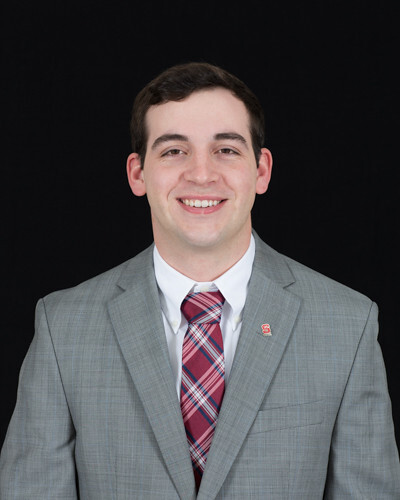
William Beam
Graduate Student/Research Assistant
North Carolina State University, Department of Parks, Recreation, and Tourism Management
US Army Veteran; Masters student of Parks, Recreation, and Tourism Management at North Carolina State University; Research focus: Urban park vegetation equity
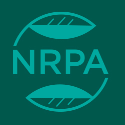
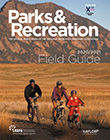
Engage With Us